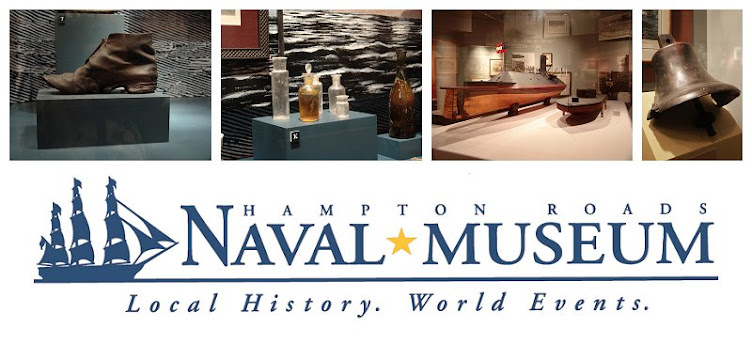Flight crews warm up the engines of F4U Corsairs from Fighter Squadron 114 (VF-114) during the Korean War, 1950. Loaded with air-to-ground rockets, the versatile Corsair was used extensively as a ground strike platform. These aircraft were bound for fighting around the Chosin Reservoir during the U.N. offensive into North Korea.
The aircraft are on board the Norfolk-based USS Philippine Sea (CV-47), which was raced to the theater shortly after the North Korean assault on South Korea. Despite how some Atlantic Fleet admirals felt about participating in the Korean War in 1950 ("Korea is the Pacific Fleet's problem, the Soviet Union is ours" was a typical quote), several Norfolk-based ships (namely the battleships, Essex-class aircraft carriers, and minesweepers) participated in the war. The Pacific Fleet did not have the resources to handle the high intensity combat operations.
Nonetheless, Korea was only seen as one part of a large Communist plan and many of Norfolk's bigger aircraft carriers stayed in the Atlantic. After this deployment, the Navy transferred Philippine Sea to the Pacific Fleet on a permanent basis.
The aircraft are on board the Norfolk-based USS Philippine Sea (CV-47), which was raced to the theater shortly after the North Korean assault on South Korea. Despite how some Atlantic Fleet admirals felt about participating in the Korean War in 1950 ("Korea is the Pacific Fleet's problem, the Soviet Union is ours" was a typical quote), several Norfolk-based ships (namely the battleships, Essex-class aircraft carriers, and minesweepers) participated in the war. The Pacific Fleet did not have the resources to handle the high intensity combat operations.
Nonetheless, Korea was only seen as one part of a large Communist plan and many of Norfolk's bigger aircraft carriers stayed in the Atlantic. After this deployment, the Navy transferred Philippine Sea to the Pacific Fleet on a permanent basis.


No comments:
Post a Comment